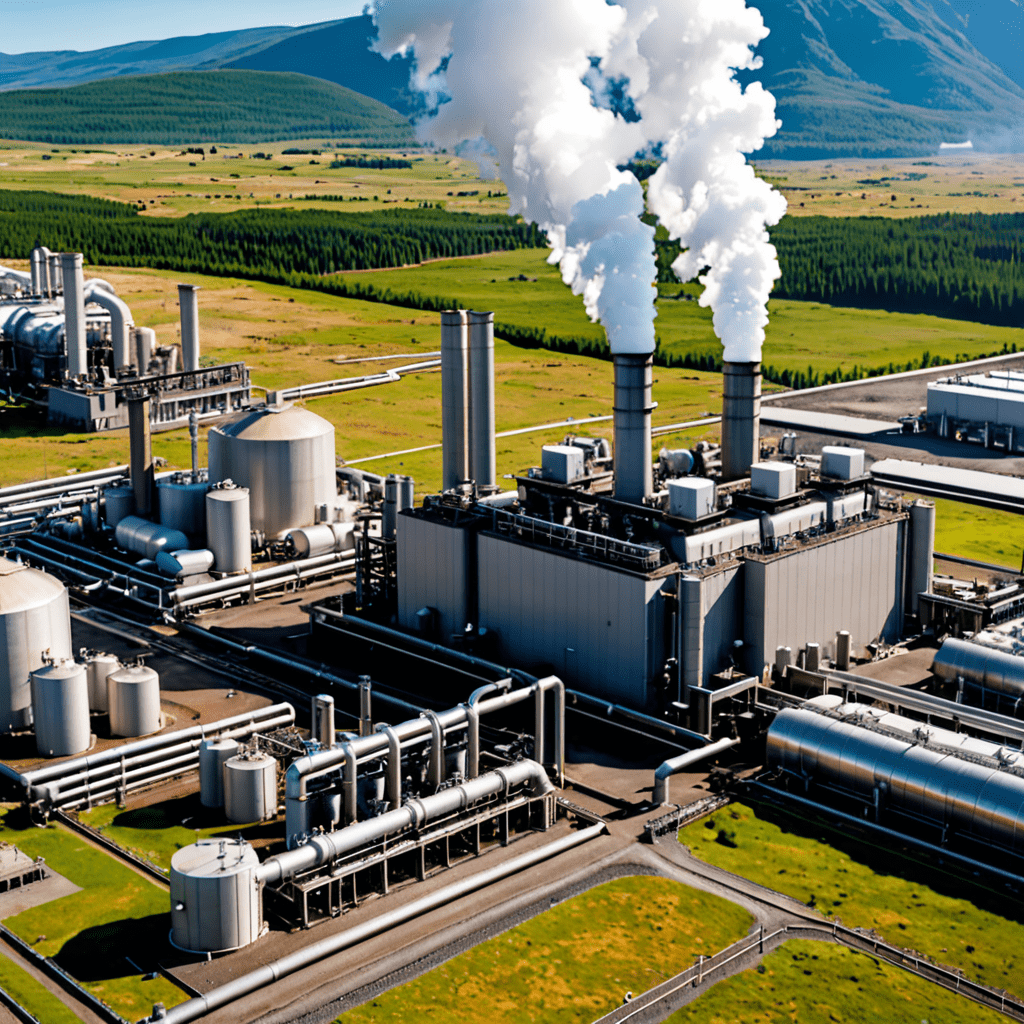The Future of Aviation: Sustainable Aviation Fuels from Biomass
In recent years, the aviation industry has been actively seeking more sustainable alternatives to traditional fossil fuels. One promising solution that has garnered significant interest is the production of sustainable aviation fuels from biomass.
What are Sustainable Aviation Fuels?
Sustainable aviation fuels, often referred to as SAFs, are renewable fuels that can be used as alternatives to conventional jet fuels. These fuels are derived from biomass sources such as plant materials, waste oils, and algae.
The Benefits of Sustainable Aviation Fuels
Using sustainable aviation fuels offers several environmental advantages. They have the potential to reduce greenhouse gas emissions, decrease dependence on fossil fuels, and help mitigate the environmental impact of aviation.
Production Process of Sustainable Aviation Fuels from Biomass
The production of sustainable aviation fuels from biomass involves several steps, including feedstock collection, conversion into biofuels through processes like thermochemical or biochemical conversion, and refining to meet aviation fuel specifications.
Challenges and Opportunities in the Adoption of Sustainable Aviation Fuels
While the development of sustainable aviation fuels from biomass shows great promise, there are challenges to widespread adoption. These include cost competitiveness with traditional jet fuels, scaling up production capacity, and ensuring a consistent and reliable supply chain.
Global Initiatives and Policies Supporting Sustainable Aviation Fuels
Recognizing the importance of reducing aviation emissions, various international organizations, governments, and aviation stakeholders have been promoting the use of sustainable aviation fuels through policies, incentives, and collaborative initiatives.
The Role of Biomass in Shaping the Future of Aviation
As advances in biomass conversion technologies continue to improve, the role of biomass in shaping the future of aviation as a sustainable industry is becoming increasingly significant. By harnessing the potential of biomass resources, the aviation sector can move towards a more environmentally friendly and sustainable future.
FAQ About Sustainable Aviation Fuels from Biomass
What are sustainable aviation fuels (SAFs) derived from biomass?
SAFs derived from biomass are renewable fuels produced from organic materials like plant waste, algae, or even municipal solid waste. These bio-based fuels are considered sustainable as they can significantly reduce carbon emissions compared to traditional fossil fuels.
How are sustainable aviation fuels from biomass produced?
The production of sustainable aviation fuels from biomass involves processes such as biomass conversion, hydroprocessing, and refining to create jet fuel that meets aviation standards. These fuels can be blended with traditional jet fuel to power aircraft while reducing environmental impact.
What are the benefits of using sustainable aviation fuels from biomass?
Using sustainable aviation fuels from biomass can help decrease greenhouse gas emissions, reduce dependence on fossil fuels, improve air quality, and support the aviation industry’s transition towards a more environmentally friendly and sustainable future.

